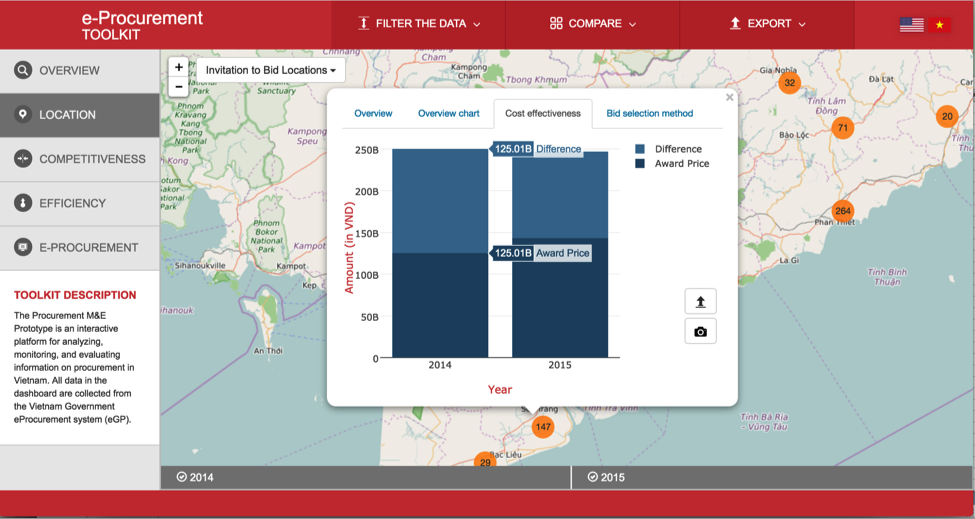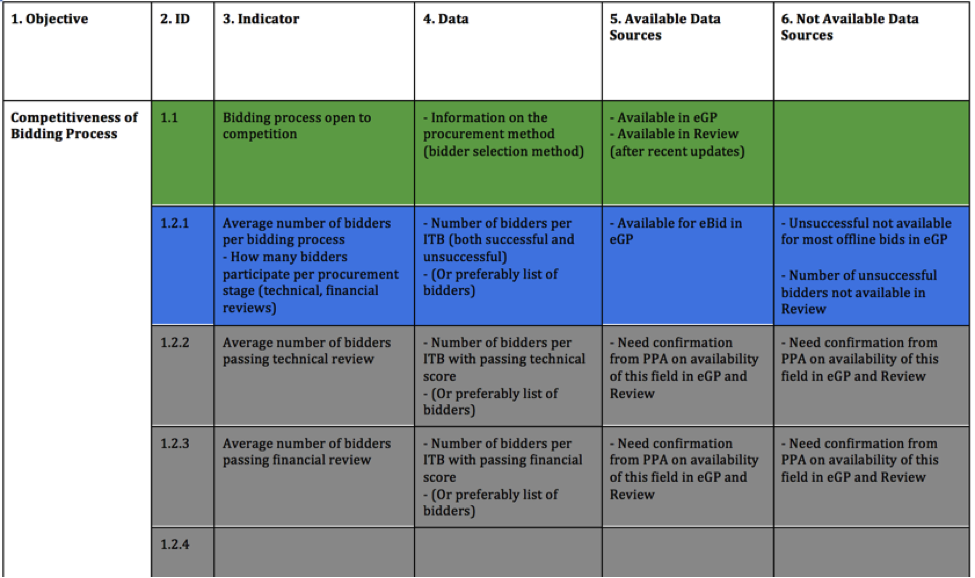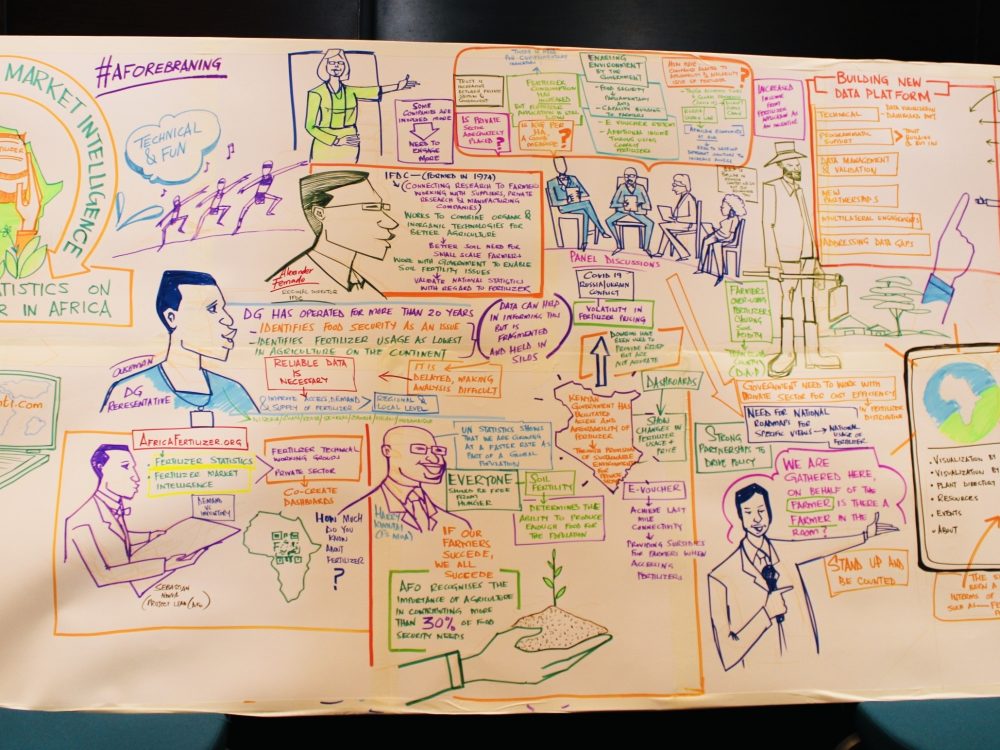Putting OCDS to Work at IODC16 Madrid
At last year’s IODC in Ottawa, the Open Contracting Data Standard (OCDS) was still fairly knew and a lot of us were talking about the possibilities of actually implementing it. What a difference a year makes, as the Open Contracting pre-event for IODC includes approximately 15 national and local governments working toward open contracting programs. At DG, we’ve been working closely with the World Bank in Vietnam to build cutting-edge tools for disclosing, visualizing, and monitoring and evaluating procurement data (all in OCDS) — and to make sure that the data included are high quality and up-to-date. This year, we look forward to bringing our experiences in Vietnam, the Philippines, the US and elsewhere to a substantive conversation throughout IODC on what we consider the next “frontier issues” facing the OC community.
Technical Roadmaps for Implementation
As OCP rolls out its Showcase Projects, and implementers like DG and YoungInnovations work with governments to open their contracting and gain value from the data, valuable learning on policy/legislative frameworks, technical systems and integrations, and government business processes are being created through effective change management. Capturing this learning in guides for practitioners, and ensuring that good practices are shared and replicated across countries can save time and money, and strengthen the quality of OC implementations. Creating open source tools, like DG’s OCExplorer platform — which converts existing data to OCDS while providing a suite of analytics and visualization tools — can reduce technology costs and simplify implementations.

Figure 1: Vietnam’s eProcurement Toolkit Dashboard
In many countries, implementing OC means “retrofitting” old systems and processes, as is the case in Vietnam. In countries where new eProcurement systems are being built, we’re encouraged to see that OC and procurement analytics are rapidly becoming requirements from the start.
Use Cases/Standard Evolution
As countries think through their OC programs, it’s critical to begin with a user-centric approach. Identifying key audiences and potential use cases for OC data can help define which data fields are most critical to collect and publish, technology design choices, and policies on engagement and procurement monitoring. OCP has identified 4 broad classes of use cases, each of which DG has been working in and learning from.

Figure 2: Example of a Procurement M&E Framework and Data Gap Analysis
As further use cases come to light, OCDS will continue to evolve (see for example recent work by the OCDS Help Desk on Public Private Partnerships) — balancing a standard that is responsive for each individual use case with one that is usable and maintainable for all publishers is an important (and community-wide) effort. Properly engaging both technical implementers and governments and users will be crucial to this process.
With research showing strong savings and service delivery gains from eProcurement system rollout, the onus is on OC to demonstrate its own added value. To learn how and when openness improves procurement outcomes, a systematic and rigorous approach to program design and M&E is required. Clear metrics for procurement efficiency, fairness, competitiveness, value for money, reduced corruption, and other criteria are needed, along with reliable methods for capturing data and evidence of changes over time. Being able to compare these metrics by year through analytical tools can guide the impact measurements. In addition to the procurement data, surveys and interviews with users should inform changes in perception of government reliability, service delivery, and fairness of competition over time, particularly when measuring the impact of open procurement data.
We’re really looking forward to the OC community discussions at IODC and continuing to understand the use cases and impact of Open Contracting in the upcoming months.
Image: VTrans CC BY-NC-ND 2.0
Share This Post
Related from our library

Building a Sustainable Cashew Sector in West Africa Through Data and Collaboration
Cashew-IN project came to an end in August 2024 after four years of working with government agencies, producers, traders, processors, and development partners in the five implementing countries to co-create an online tool aimed to inform, support, promote, and strengthen Africa’s cashew industry. This blog outlines some of the key project highlights, including some of the challenges we faced, lessons learned, success stories, and identified opportunities for a more competitive cashew sector in West Africa.

Digital Transformation for Public Value: Development Gateway’s Insights from Agriculture & Open Contracting
In today’s fast-evolving world, governments and public organizations are under more pressure than ever before to deliver efficient, transparent services that align with public expectations. In this blog, we delve into the key concepts behind digital transformation and how it can enhance public value by promoting transparency, informing policy, and supporting evidence-based decision-making.

From Data Gaps to Impact: Key Insights from the VIFAA Program
Over the last six years, DG, together with its partners AfricaFertilizer (AFO) and Wallace & Associates, collaborated to implement the Visualizing Insights on Fertilizer for African Agriculture (VIFAA) Program. In the program’s final year (2024), the team undertook a “program learning process” to reflect on outcomes, challenges, and successes through internal interviews. This blog captures five key learnings, which we hope will guide similar programs aiming to bridge data gaps in agricultural development.